“Your Education Is Your Passport To Life”
 “Your Education Is Your Passport To Life”. Imagine this said in a strong Trinidadian accent by Floella Benjamin, an incredibly inspiring woman who, among other things, happens to be the Chancellor of the University of Exeter, where I studied until July 2012. She came out with this gem of advice in her speech at my graduation ceremony 6 months ago, before awarding us our degrees, individually congratulating us on our achievements and urging us to “go out into the world and make a difference”. She told us that it was her mother who had said this phrase to her when she was young, encouraging her to take education seriously.
“Your Education Is Your Passport To Life”. Imagine this said in a strong Trinidadian accent by Floella Benjamin, an incredibly inspiring woman who, among other things, happens to be the Chancellor of the University of Exeter, where I studied until July 2012. She came out with this gem of advice in her speech at my graduation ceremony 6 months ago, before awarding us our degrees, individually congratulating us on our achievements and urging us to “go out into the world and make a difference”. She told us that it was her mother who had said this phrase to her when she was young, encouraging her to take education seriously.
I couldn’t agree more. Anyone who knows me well will already know that I’m quite fond of taking courses. Leaving aside my formal education at school and at university, I’ve taken several courses over the years, ranging from Modern Languages to Interior Design, from Journalism to Foreign Policy, from snowboarding to sailing. I’m a big fan of educating oneself on a huge range on topics.
Of course, some of the topics I’ve taken courses in could possibly be self-taught with the help of a decent set of books/resources, but I tend to prefer classroom-based courses as they allow you to interact with your teacher and I find that having a set routine is a great personal motivator for me. And as crazy as it may seem, some sort of exam or assessment at the end makes a course all the more appealing, as I can be sure I’ll put in the effort to do well. I have never failed an exam and I don’t intend to start anytime soon.
Projects are my thing and I like to have plenty on the go at once. If you hear bells ringing, then keep on reading.
So let’s have a look at what sort of courses there are out there:
1-Day/Weekend Workshops
These can sometimes be tasters/introductions for beginners, or alternatively pretty intensive sessions, and they are an excellent way to try out a course before you commit financially to a whole term or year.
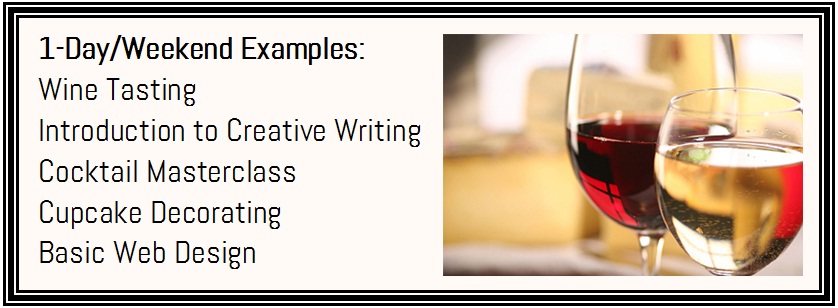
1-Week Courses
These often involve going to a particular place (eg. to the coast for a sailing/windsurfing course) for a whole week and as the students are dedicating a whole 5 or 7 days to this activity, they tend to pretty keen and already know they’ll enjoy it. Plenty of holiday-abroad courses fall into this category, as do intensive driving courses.
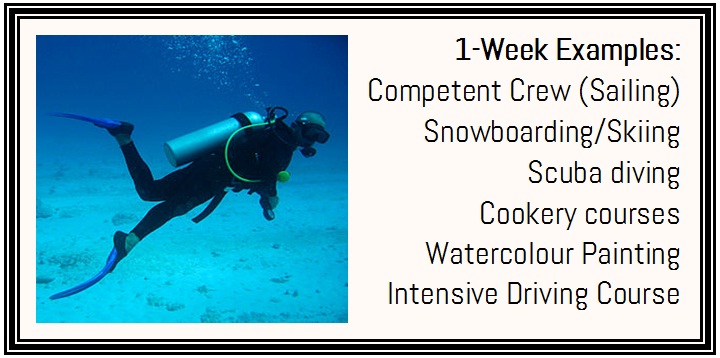
1-Month Courses
Courses that require a month’s full-time study tend to fast track you towards certain qualifications or skills. Many people spend a month abroad studying the local language in an academy, as they know they’ll learn much quicker than would be possible back home. Another example of this type of course can be found at Summer Schools, which are a sort of American concept, although they are starting to pop up in the UK and in other countries. Universities are realising that they can continue earning money during the summer months when their full-time students are on holiday by inviting really keen people (I do have to include myself in this bunch) to study modules that would normally last a semester in just 3-4 weeks. Hence I can write on my CV that I’ve studied at the London School of Economics, a Top 40 university in The World University Rankings, after studying a month-long course on Foreign Policy within their Politics and International Relations department. Neat trick. I have one Bachelor’s degree .which, being a languages degree, took 4 years. However, I have studied at 3 different universities. Putting a Summer School on your CV is a good technique to help you stand out from the crowd.

Evening Classes
Sometimes lasting for a term, sometimes an academic year, evening classes are available absolutely everywhere, covering every topic under the sun, and are actually my “learning style” of choice. Weekly 2-hour classes are regular enough to maintain your interest and are low-effort, with only a little homework at most. They tend to be very affordable compared to the above options and (in the UK) are even free for people under 19.
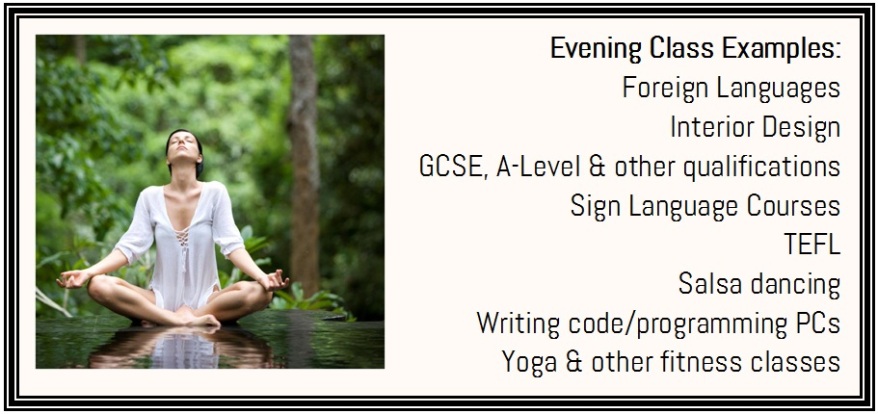
Online Courses
I have always been a little sceptical of how much can realistically be learnt with an online course, without the motivation and regularity of a classroom. Online courses do offer much more flexibility – you can study whenever you want and in your pyjamas if you so fancy, without wasting time travelling to and from the classes. They can also be far cheaper and there are plenty of discounted courses to be found online. However, another issue I have with learning online is that, if you search the internet hard enough, then you can find plenty of free resources and self-teach yourself, and therefore why would you need to pay for a course? The exceptions to this are when you need a recognised qualification, which often requires a fee for the teaching. Until very recently, whenever I thought of long distance learning (eg. the Open University in the UK) prisoners in cells sprang to mind, because I’ve heard that they often take long distance degree courses to pass the time… It was a terrible stereotype and I now realise that there are plenty of non-convicted criminals out there that undertake distance learning as well. However, having not yet taken an online course and seeing as the internet is the future of just about everything that we currently know, I shall probably have to eat my words in the future when physical universities cease to exist.
 These are just some examples are there countless subjects and courses out there – if you’re interested in something, no matter how bizarre it may be, then you’re guaranteed that there will be a course out there on it. It’s just a matter of finding it.
These are just some examples are there countless subjects and courses out there – if you’re interested in something, no matter how bizarre it may be, then you’re guaranteed that there will be a course out there on it. It’s just a matter of finding it.
The easiest way to find said course is to do a Google search with the keywords of the subject you’re interested in, the word “course” or “class” and the city you live in. For example, try Googling something random like “beekeeping class London” and voilá, the first result is a 1-day taster course.
What courses have you taken? Which courses are you dying to do? This week I’m restarting my Portuguese lessons and the next courses I’ll be doing are my RYA Day Skipper sailing course and a 1-day ‘Crime Writing: an introduction‘. Random I know! After years and years of studying, now that I’ve graduated and left university, it feels odd to not be studying anything at all, so the occasional course here and there keeps my curiosity happy.



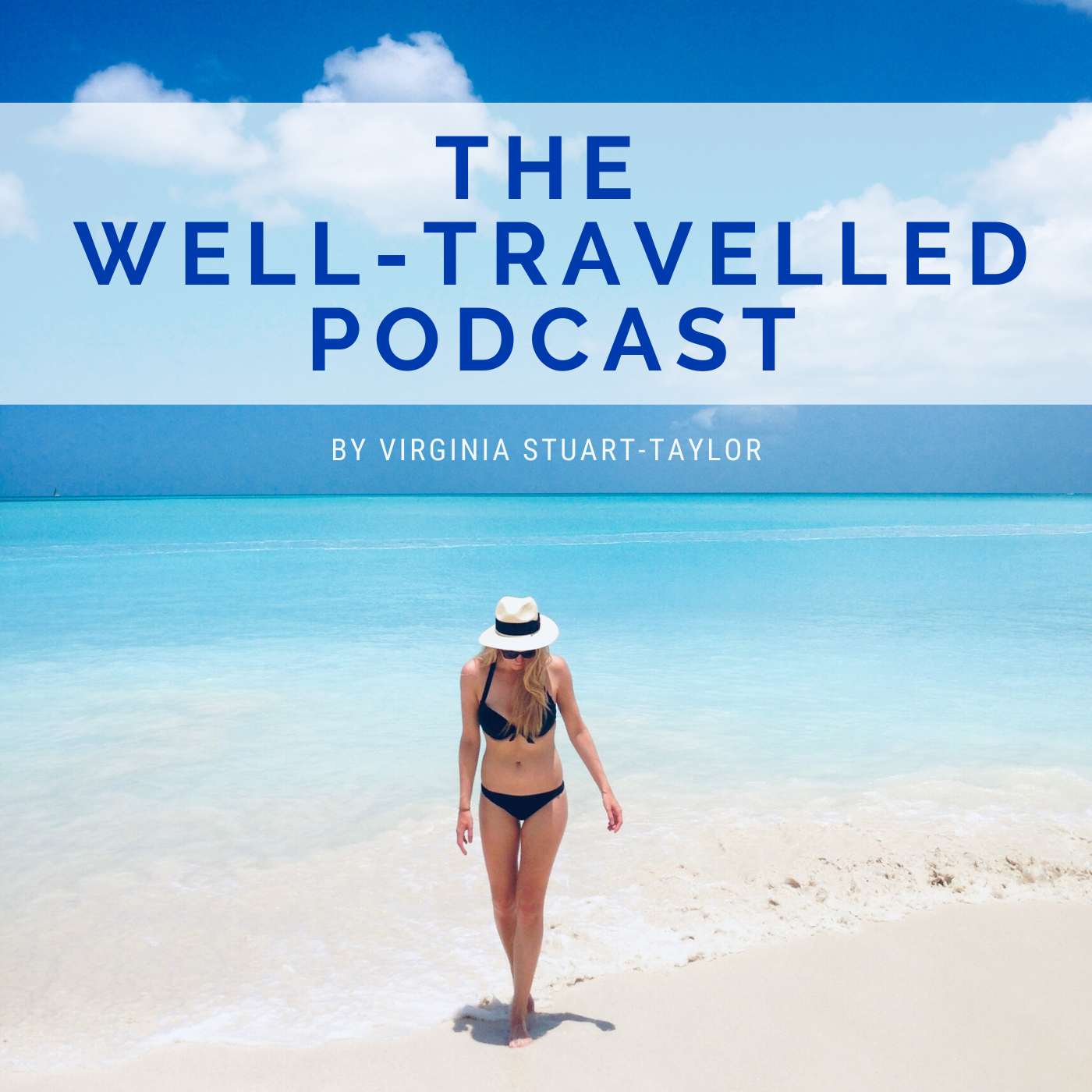


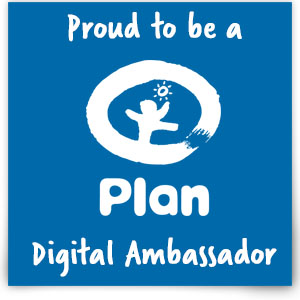


We are a group of volunteers and opening a brand new scheme in our community.
Your web site provided us with useful information to work on.
You’ve done a formidable job and our whole group can be grateful to you.
LikeLike
It’s really a nice and useful piece of information. I’m glad that you simply shared this helpful information with us.
Please stay us informed like this. Thanks for sharing.
LikeLike
Way cool! Some very valid points! I appreciate you penning this post and the rest of thee website is als very good.
LikeLike